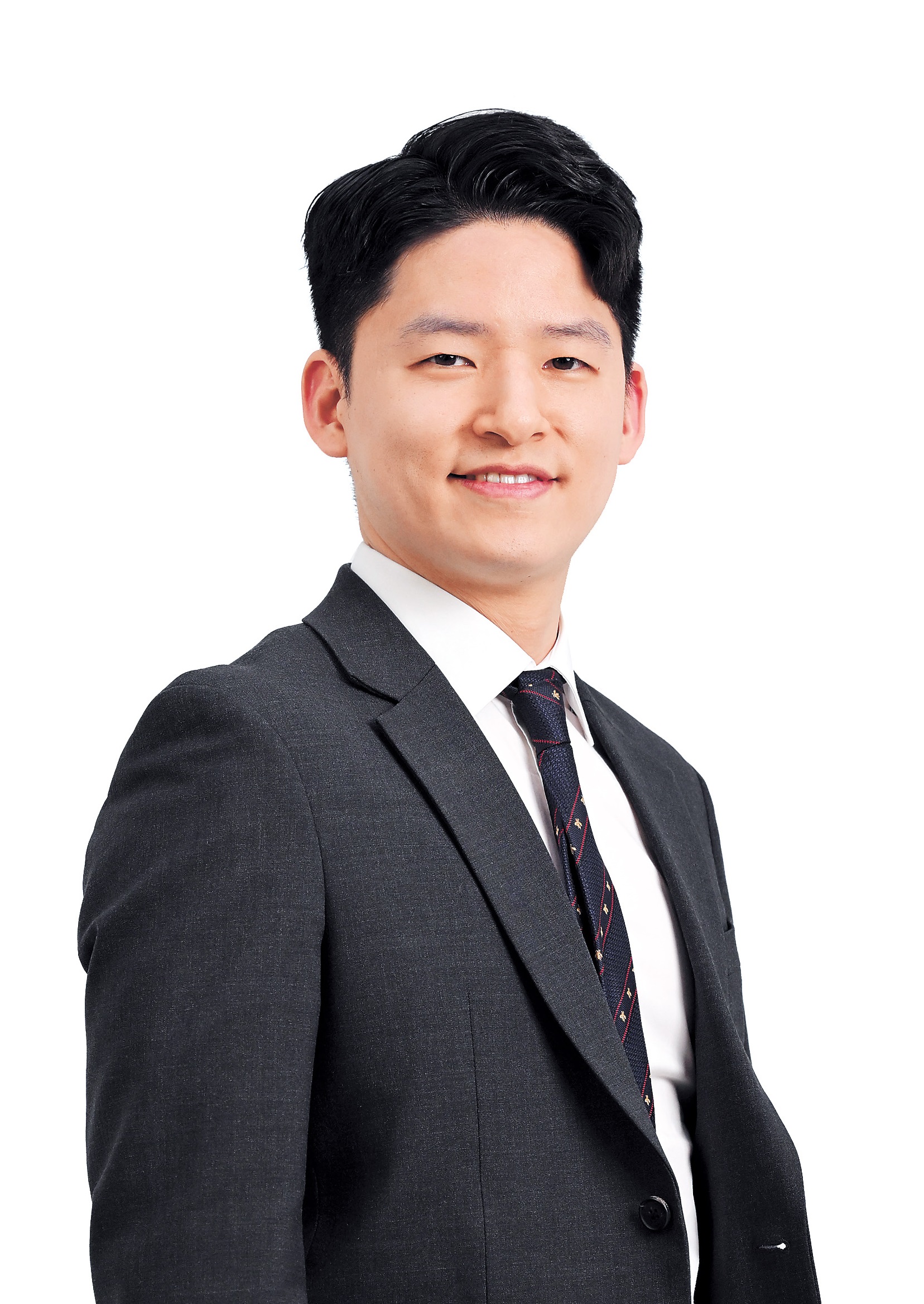Hanwha sets W1.4tr goal in battery equipment sales by 2027
By Moon Joon-hyunPublished : Dec. 4, 2023 - 16:54

Hanwha Momentum, a supplier of manufacturing facilities and equipment for batteries, solar panels and displays, hosted its 2023 Hanwha Battery Day on Monday to reveal the company's strategies and technological road map in response to burgeoning global demand for secondary battery manufacturing equipment.
During the event, CEO Yang Ki-won unveiled an ambitious target of 1.4 trillion won ($1.07 billion) in sales solely from secondary battery process equipment solutions by 2027.
The company's secondary battery division, led by Ryu Yang-shik, initially focusing on materials and electrode process equipment, evolved into a specialized unit in 2020.
Ryu outlined Hanwha's four key strategies, starting with the development of the world's first uncrewed electrode coating technology. This process is critical as it accounts for 70 percent of a battery's quality and minimizes material loss. Hanwha has also established the largest-capacity calcination furnace, crucial in anode material production, with a monthly output of 5,000 metric tons -- surpassing competitors' average capacity of 3,000 tons.
Hanwha is also expanding its turnkey solution business to meet rising demand from original equipment manufacturers and startups for complete battery production lines. Unlike its competitors, Hanwha offers a unique proposition by managing the entire battery production process. The company has also invested in US startup Forge Nano, which specializes in nanocoating technology to enhance battery longevity.
Ryu Yang-shik also shed light on current industry trends, noting the global market's contraction due to oversupply and the emergence of low-cost lithium iron phosphate, or LFP, batteries from China.
“But as Korean battery makers join the LFP market, although reluctantly, I see a clear advantage for equipment suppliers like Hanwha,” he said.
Lee Hyung-sup, head of R&D at Hanwha Momentum, highlighted the company's research into cutting-edge materials and methods for next-generation batteries. This includes exploring dry electrode plates, a process that simplifies production and enhances environmental sustainability. Hanwha is also delving into all-solid-state batteries, regarded as the future of battery technology, and focusing on silicon cathode technology to improve energy density.
These efforts are part of Hanwha's broader development strategy, which involves collaboration with group companies, global material experts and research institutions. Lee emphasized the company's participation in a national project with the Korea Institute of Energy Research to develop a unique solvent-free dry electrode manufacturing process to set it apart from that of Tesla.
Additionally, Hanwha plans to set up a complete turnkey production line for all-solid-state batteries by 2028, having already provided a pilot line to LG Energy Solution.
The company is also addressing the challenges associated with silicon's expansion and contraction in batteries by developing a physical protective layer applied through a vacuum process.
These advanced technologies, set for commercialization between 2028 and 2030, represent major long-term investments. Hanwha is building an R&D network to collaborate with global material firms and customers.
“While our current operating margin hovers just below 10 percent, we're on track for a significant uptick in sales and a reduction in fixed costs. Looking ahead, we're setting our sights on boosting those margins to the 18-20 percent range by 2030,” said CEO Yang Ki-won.








![[Today’s K-pop] Blackpink’s Jennie, Lisa invited to Coachella as solo acts](http://res.heraldm.com/phpwas/restmb_idxmake.php?idx=644&simg=/content/image/2024/11/21/20241121050099_0.jpg&u=20241121172748)









![[Today’s K-pop] Babymonster logs 100m views with ‘Drip’ music video](http://res.heraldm.com/phpwas/restmb_idxmake.php?idx=642&simg=/content/image/2024/11/22/20241122050051_0.jpg&u=20241122172213)